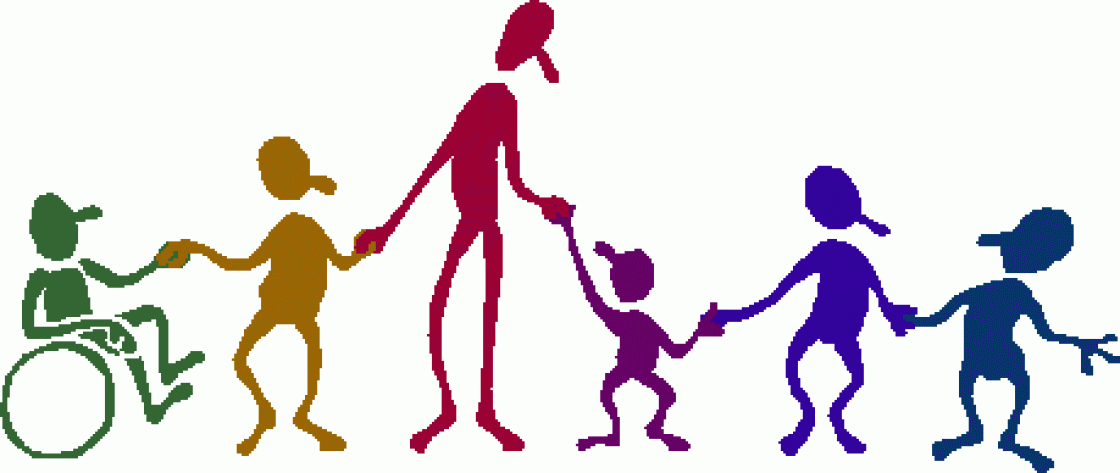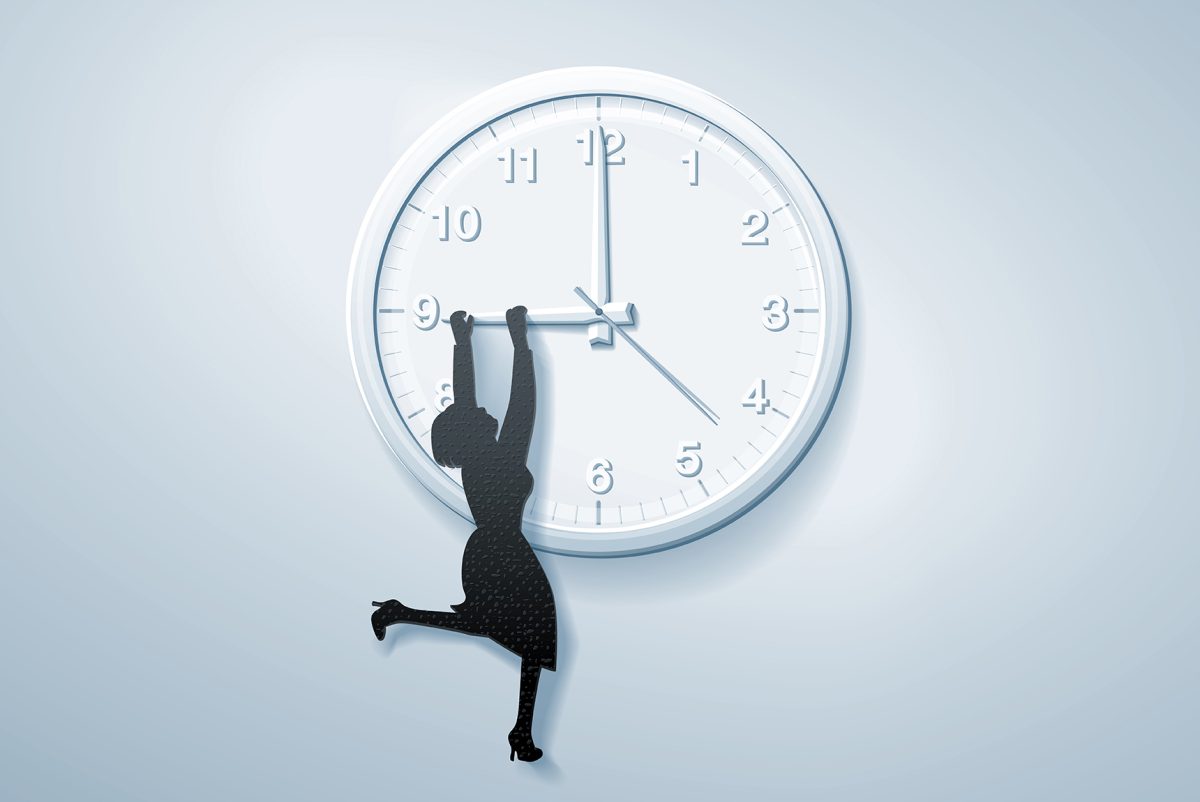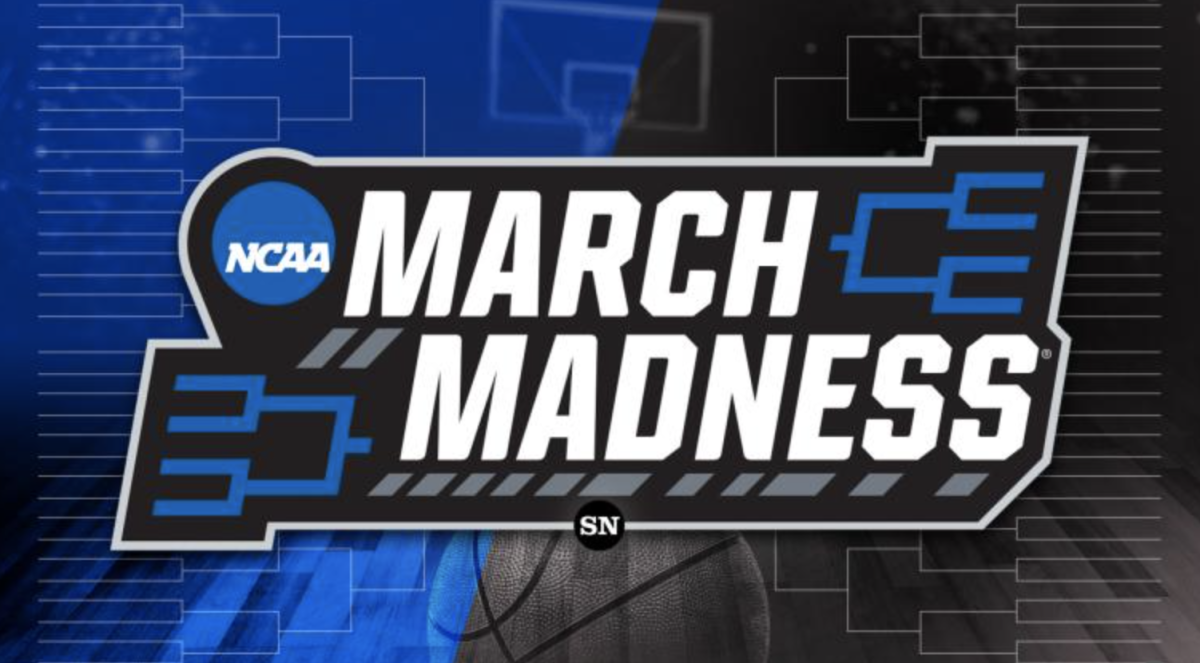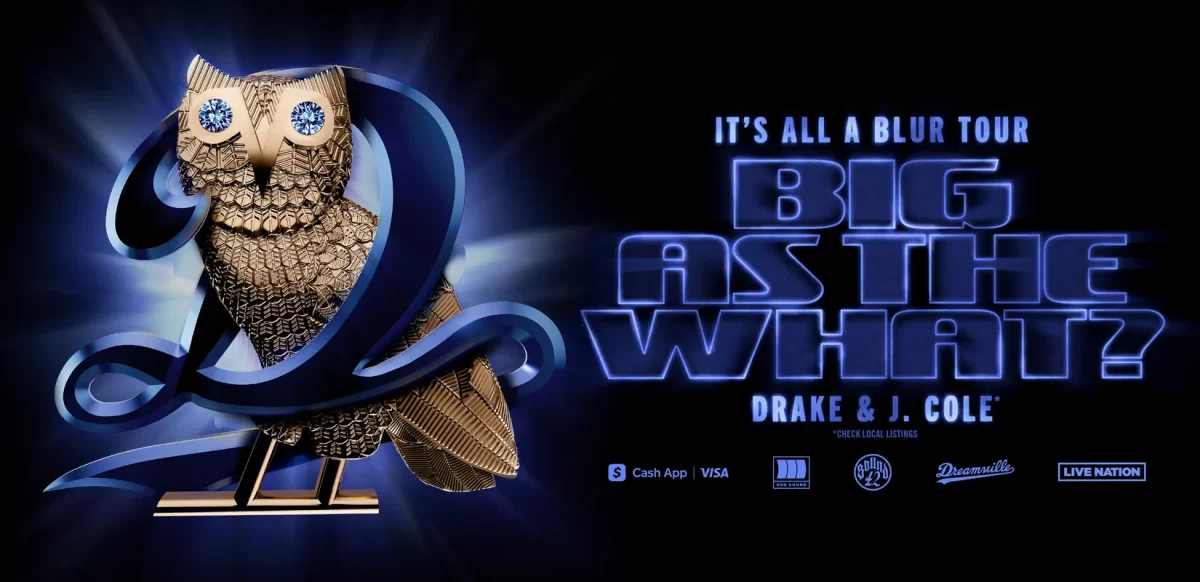By George Nageeb
At University School, we spend a great deal of time, effort (not to mention money) striving towards the ideal diversified community. From explaining a daunting list of over fifty genders, to a more light-hearted comedic performance, the diversity day assemblies at US have made it clear that the school cares for respecting the plurality of our society. However, it has become a touchy topic, and a frequent subject of these opinion pages, that everyone feels they should regard as important. The only question the school fails to answer is “Why?”
Though, granted, the values of diversity may not be concrete, the school seems to be sending mixed messages about what true diversity should look like. While some speakers claim that diversity is all about embracing the differences in our community, others are determined to make us all equal. It seems mildly ironic, and acutely confusing, that we are encouraged to treat others as if they are the same as us, yet at the same time welcome people who are “different.” Without differences, diversity has no meaning. We are all different, with diverse talents and ideas. Should we try and change that?
In the workforce and education, diversity is often defined as a proportional number of African American workers as Caucasian workers. Instead of asking ourselves how we can get more African Americans in congress or how we can get more women in the medical field, we should focus on harvesting the different talents of different people for the greater benefit of society. If a Caucasian is more fitting for a job than an African American because of his or her abilities then so be it; there is no need to play the discrimination card. In the same way, if an African American is more suitable for a job then it should be his or hers without question. Today, however, the choosing of a Caucasian over an African American can be labeled as prejudice even if it is a fitting decision.
Regardless of how diversity is defined, we are constantly reminded that we are as far from it as can be. Even though Martin Luther King Junior’s dream may not have been reached just yet, and even though there is always room for improvement, we tend to only focus on what must happen in the future rather than how far we have come. How can a student be expected to embrace diversity when he is never given the chance to slow down and look back?
Being an Egyptian American, I have always been immersed cultural diversity. Whether sharing in Egyptian traditions with my family, or learning American culture when I came to the United States in 2002, I have always been amazed by the massive differences in perceptions and practices across the Atlantic. To me, the importance of diversity has always been clear: it creates an inclusive environment that allows each person to learn and grow by obtaining the viewpoints of others. Not only is diversity beneficial for society at large, but it can also be of benefit to each individual, as it helps make one more rational and presentable to a wider variety of people. To a student in Hunting Valley, Ohio who has never really seen a culture other than his own, this realization may not be an easy one to have. I look forward to see how the school attempts to portray the importance of diversity in the future, and I hope that its message takes on a more effective form.







